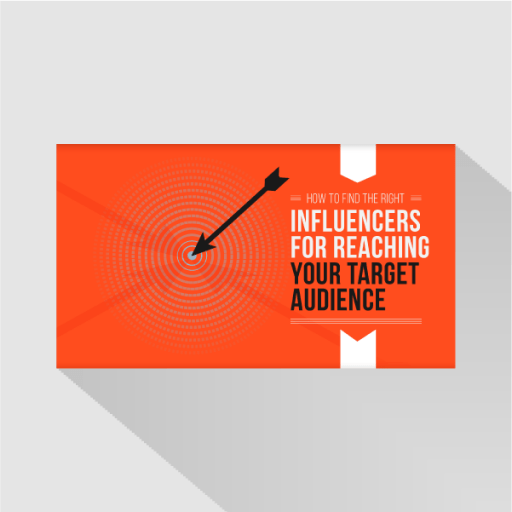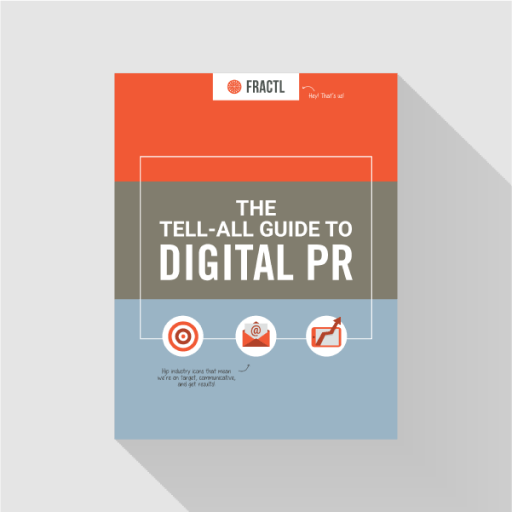Many marketing professionals (myself included) have been saying that this is a great time to be creating content. Why? Because it’s not a quick process, and since business has slowed for many of us, it’s a good time to invest in tactics that have a longer-term impact.
However, that doesn’t mean that all content is suitable right now. Brands that are scrambling to make a statement aren’t always saying the right thing and end up alienating potential clients and customers rather than building trust.
To avoid making the same mistakes, here’s what not to publish right now.
Insincere/Cliche Content
It can be tempting to start quickly writing content with a generic message just to get something out there in a timely manner.
While timeliness is important, the substance of what you’re saying should always be your No. 1 priority, especially in times of crisis. Even some of the biggest brands are being criticized for how they’re approaching their messaging.
I don’t want to rag on these companies too harshly; I love some of these brands (looking at you, Publix). But it seems even the household names resorted to marketing tropes that, to be fair, probably sometimes, but can also feel a tad calculating.
However, other brands, especially those that aren’t necessarily household names, can’t get by on tropes. It’s not enough to say you’re “there” for your customers. Because, well, what does that actually mean?
If you want to reach out to your audience during this time, consider:
- Have you talked to your current brand advocates? Prioritize them and reach out to them in more personalized channels like email.
- What is it you really want to say? Are you not sure? Then don’t send it — you don’t have your message yet.
- Are you actually saying something of value? Are you changing something about your product/service offering, like making things cheaper or more accessible? How are you actually going to help your audience?
It’s a tough balance between not wanting to seem in denial about what’s going on but also not wanting to seem tone-deaf when you do say something. Empathize with your audience and ask yourself: What would you want to hear? Otherwise, you may end up sounding pseudo-sincere while offering little of value.
Overly Negative Content
I’m not saying that sad/upsetting news shouldn’t be talked about. But unless it makes sense for your brand to be reporting on hard news, maybe filling the world with more negativity isn’t the best use of your resources.
I know that negative content can do well, because emotional content overall can do well. But our research has shown that surprising and positive content can perform just as well if not better.
Before jumping on the doom and gloom train, ask yourself:
- Do I need to report on this? Is this information already reaching my audience, and I’d just be rehashing it?
- If I do need to report on this, can I add possible solutions, tips on how to make the best of the situation, etc.?
- What is some uplifting news I can share to provide people with hope?
Content Without a Promotions Plan
Are more people online than ever? Probably. But there are also countless other content creators vying for their attention.
If you don’t want your high-quality content to disappear into the void, you’ll need a strategic promotions plan.
How you promote it will vary significantly based on your goals and your vertical. If your leads and sales haven’t been too badly hit, you may stick to any paid promotions you were doing. In many cases, though, marketers are pulling back on ad spend, meaning paid marketing tactics may have less ROI right now.
If you’re seeing less client/consumer spending occurring in your vertical, it might be time to audit your current content and the corresponding promotional strategies.
Pitching Your Content to Publishers
If your plan was a combination of content marketing and digital PR — creating compelling, data-focused content and pitching it to publishers — you’ve probably discovered that a lot of media outlets are COVID-19-focused at the moment.
If it wasn’t your plan, it’ll be tough to repurpose content you already created that didn’t have this goal in mind. However, you can certainly use this time to create research-backed studies and reports that take a bit of time but can help you generate a lot of high-quality links and brand awareness.
The good news is, publishers are still up and running. Many of them have just adapted to the times and are taking a coronavirus angle with their stories. Take these articles that appeared on the Lead section of Inc. on July 6, 2020.
They’re still writing about business, but their content takes the angle of what people care about in the context of the pandemic.
So does the content you’re promoting have any angle relevant to COVID-19?
- If so, include that in your pitch emails.
- If not, consider holding onto the project until the news cycle returns to a more general rotation of topics.
- In both cases, consider creating new research-backed content relevant to your audience’s current challenges.
Optimizing Your Content for Search
I consider SEO to be a version of content promotion. After all, if your page ranks in the SERPs, that’s one way of someone discovering your content.
This type of promotion is a solid approach right now; if you work on improving the quality of your page and ranking higher, you can reap the benefits once search behavior begins to normalize again (assuming your industry doesn’t experience fundamental change).
So if this was your initial plan, full steam ahead! Just know it may be tougher to promote the post on social or acquire backlinks until things settle down.
Conclusion
You can’t move forward with the 2020 content plan you developed without taking a closer look at what you had planned, if the content still makes sense in this context, and if you can promote it effectively. But, that doesn’t mean your content will go to waste.






